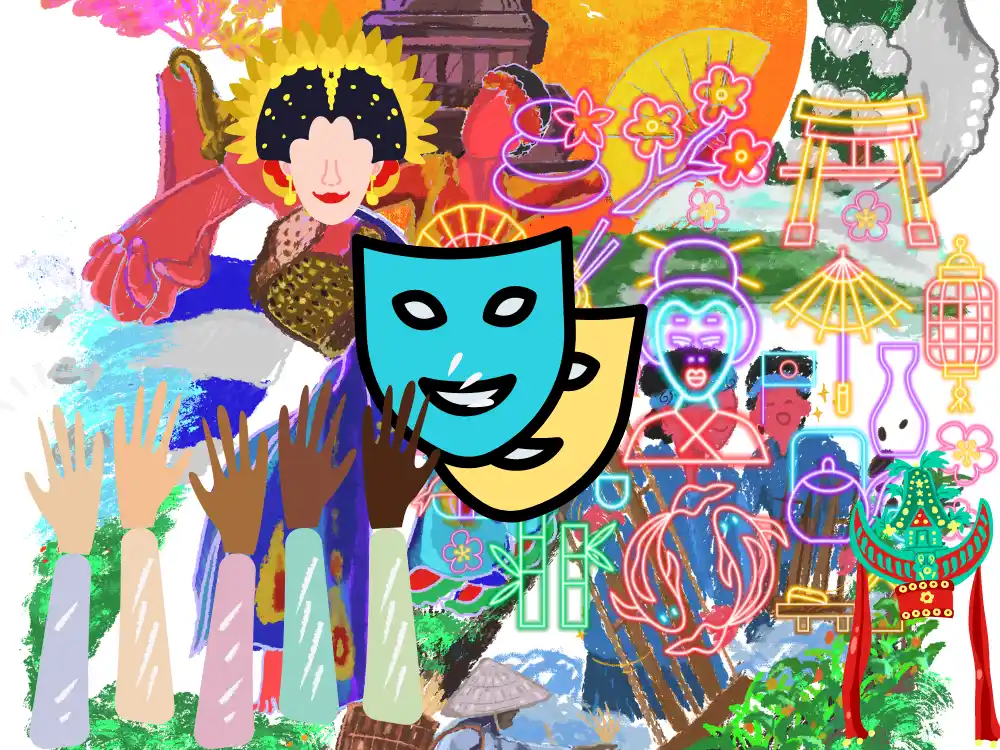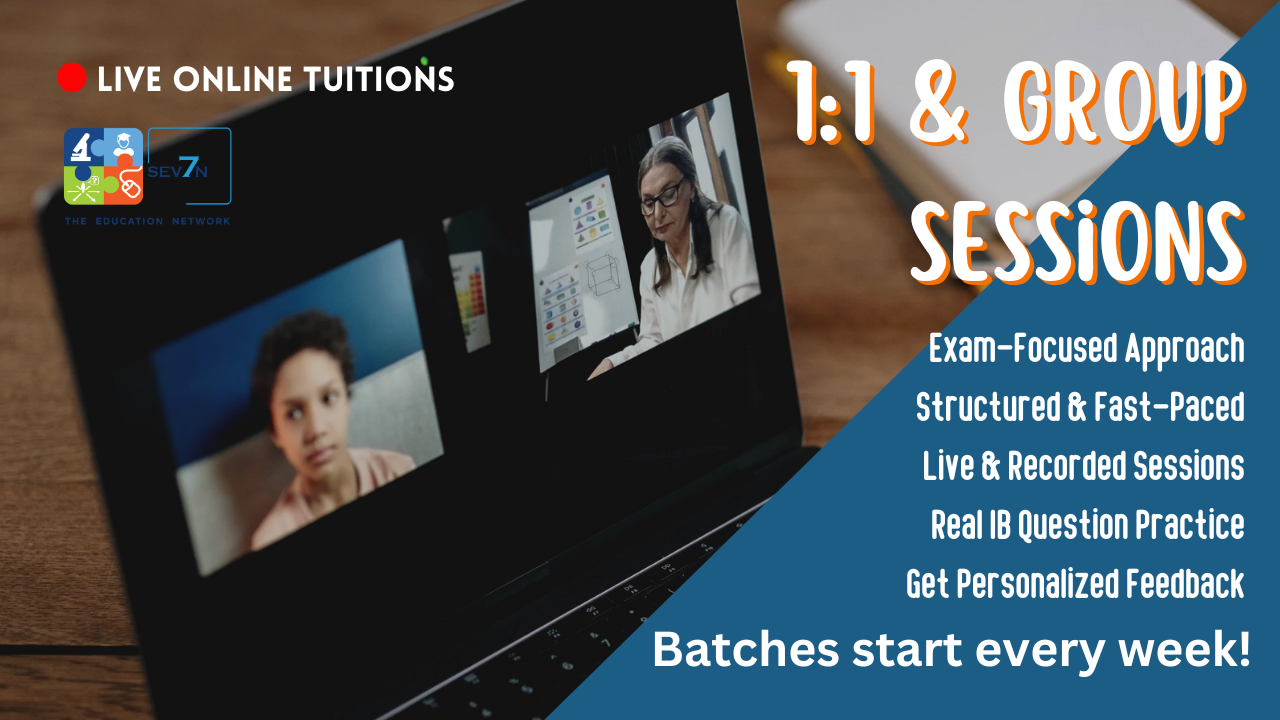| Cultures as a TOK concept
Total estimated instruction=8 hrs This Lesson Plan has a comprehensive coverage of 8216 word count on the following content
|
|
| Content | Coverage |
| 1) The meaning and definition of Cultures through specific theories | When we zoom in on “cultures” as a TOK concept, we’re really delving into how the shared beliefs, values, norms, and practices of different groups shape what members of those groups consider to be knowledge. Constructivism suggests that our understanding of the world is constructed through social and cultural experiences. For instance, what one culture may regard as a fundamental truth, another might see as a belief or a myth. This underlines the idea that knowledge is not fixed but is instead a dynamic interplay of various cultural contexts.
Confirmation bias tells us that within these cultural frameworks, we often pay more attention to information that confirms what our culture already believes to be true, and we can easily dismiss anything that doesn’t fit. It’s like wearing cultural blinders that can narrow our vision. To fully grasp the breadth of human knowledge, we need to be aware of this bias and actively seek out and consider the knowledge and beliefs of cultures different from our own. This broadens our understanding, breaks down barriers, and deepens our appreciation for the rich tapestry that is human knowledge. Understanding cultures in TOK isn’t just about learning facts; it’s about opening doors to different ways of seeing and understanding the world, which is essential for developing a well-rounded and informed global perspective. |
| 2) Relevant knowledge questions (KQs) on Cultures | Scaffolding the idea that to understand how knowledge is influenced by cultures and learn strategies to broaden our horizons through KQs unpacked within knowledge framework through RLS, TED talks, and exciting classroom activities followed by critical reflection |
| 3) Discussion of a KQ on Cultures through the knowledge framework-scope, perspectives, methods and tools, ethics | The coverage includes thought-provoking KQs within each of the knowledge framework elements, engaging TED talks, interactive activities, and reflective insights to guide the students’ understanding on how important it is to question knowledge, personally connect with individual culture and other cultures |
| 4) Connecting Cultures with Optional Themes | Connecting cultures as a TOK concept with optional themes through real life situations explained with relevant TED talks. Critical reflection happens through engaging in exciting classroom activities |
| 5) Brewing tea over stimulating discussions on Cultures in the pursuit of knowledge in TOK | How to involve in engaging discussions to enhance critical thinking, foster interdisciplinary connections, and embody the IB learner profile with open-mindedness and reflective inquiry |
| 6) How Cultures can be used in discussing AOKs in TOK essay | Explanation of Cultures in different AOKs through RLS relevant to knowledge claims, hence challenging students to think critically, analyze knowledge claims, and communicate their ideas effectively. Students get to engage with open ended argumentative knowledge questions, explore the nature of knowledge, and develop essential transferable skills like research, analytical, communication, and reflective skills that are valuable for academic and personal growth. |
| 7) How Cultures can be used to justify the inclusion for an object in TOK exhibition | How the TOK concept Cultures helps in justifying each object’s place in TOK exhibition, enriching the exploration with clarity and purpose |
TOK Lesson Plan 11 – The introduction of TOK concept – Cultures

07
May





